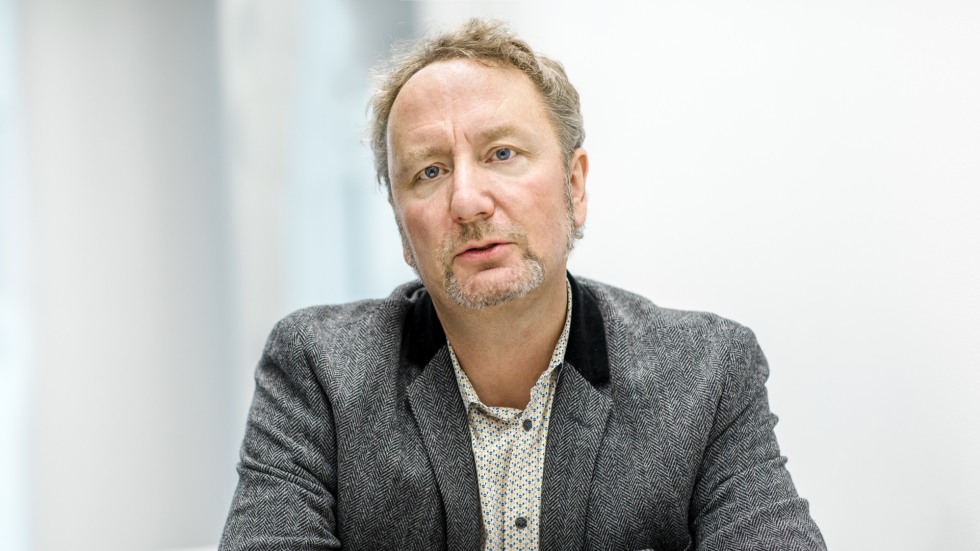Reading the letters of the former mentees who nominated Mark Blyth for the 2022 SWIPE Award for Mentoring Women in International Political Economy, you could be forgiven for thinking the other nominees never had a chance.
“No one is more deserving of this award than Mark,” wrote Jazmin Sierra PhD’15, now an assistant professor in Political Science and a Kellogg Institute for International Studies faculty fellow at the University of Notre Dame. “He encouraged me to think big, but not to think like him. … Well past my graduation, Mark remains an inspiring, intellectual, generous, and kind mentor.”
According to Ling Chen, whom Blyth mentored when they were both at Johns Hopkins University and who is now an assistant professor at the School of Advanced International Studies there, "Mark Blyth is a mentor who combines scholarly brilliance with humor and wisdom, who knows when to hand-hold and when to cultivate independence, and who challenges students with academic rigor but also encourages public intellectualism. Without his support, I would not have been able to have my current academic career."
“As an academic, Mark is a live wire. He sparks ideas and makes novel connections at a dizzying rate. Working with him was nothing short of electrifying,” wrote Oddný Helgadóttir PhD’18, now on the faculty of the Copenhagen Business School. She considers his mentoring, which she describes as “relentlessly supportive,” as being “the privilege of a lucky lifetime.”
Making themselves heard
The Society for Women in International Political Economy (SWIPE) was established by the International Study Association in the early nineties to provide women in the field “close mentoring relationships” that their male counterparts already enjoyed. SWIPE no longer exists, but the award is administered by the ISA’s International Political Economy Section.
Mentoring women is important, according to Blyth, in part because in classes and seminars, men too often do most of the talking—yet making oneself heard is critical to success in an academic career. Blyth tells his mentees, “’You're going to have to give talks. You're going to have to sell your work in a marketplace of other people. … So much of this is about finding your voice in that broader sense of finding your voice.’
“I just give them the space where they can actually hear their own voice because they're not being drowned out,” he says.
